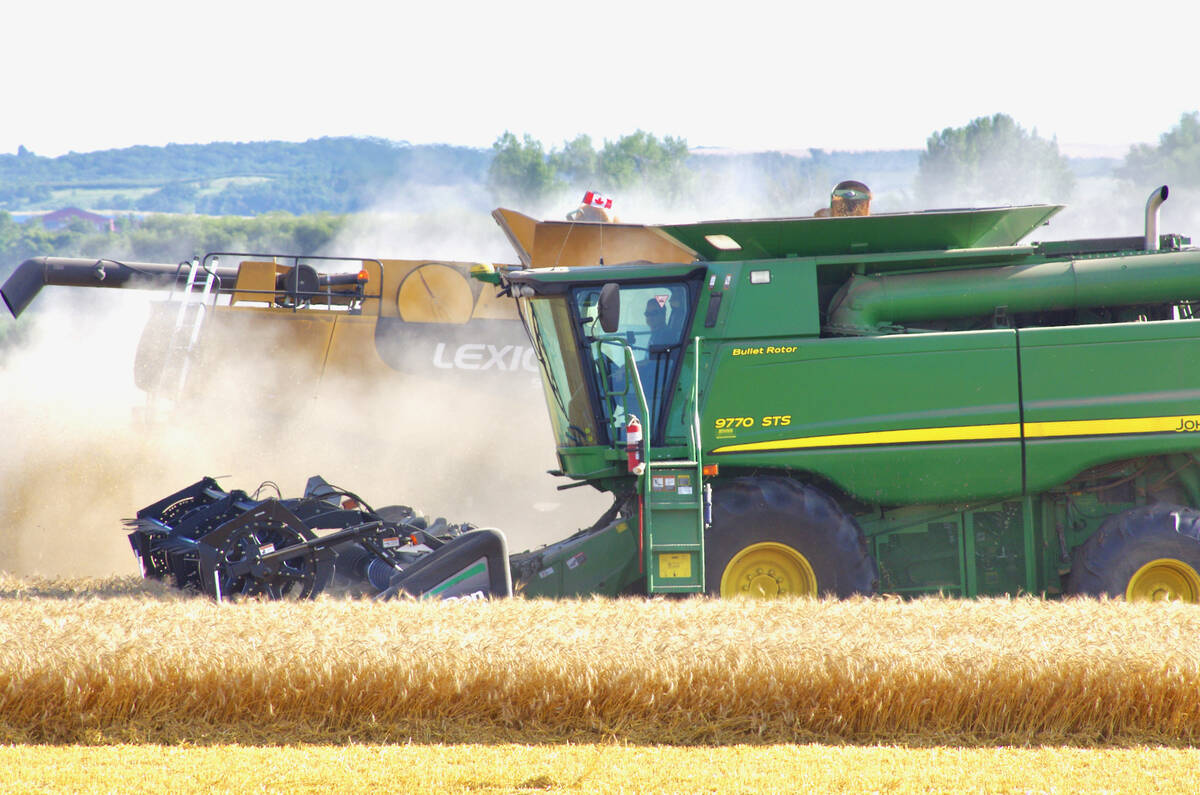Close to two million Canadians are food-insecure and as part of the solution, governments across Canada should create and support school meal program, says the Conference Board of Canada.
Containing and if possible eradicating food insecurity and poverty should be a key component of any national food strategy, the private research think tank argues in its latest policy paper leading to a spring 2014 unveiling of a national food strategy proposal.
And it suggests a change in agriculture policy including government subsidies for fruit and vegetable production aimed at food insecure households.
Read Also

Manitoba harvest hits halfway mark: report
Harvest progress in Manitoba hit the halfway mark during the week ended Sept. 16, according to the latest crop report from the provincial agriculture department.
The study published Aug. 27 and written by Alison Howard and Jessica Edge said governments should “ensure that agricultural policies have a household food security lens.”
As part of agriculture policy development, emphasis should be put on policies that help address the food needs of low-income Canadians.
“For instance, policies that increase the affordability of fresh produce for low-income populations would assist those at-risk groups in obtaining more fruit and vegetables,” they wrote. “Policy options to explore include providing commodity subsidies for fruits and vegetables, subsidized crop insurance for fruit and vegetable farmers and transportation subsidies for farmers to transport produce from farm to market.”
The usually business-oriented Ottawa-based research centre suggests governments should become more active on the food insecurity issue with policies that range from school food programs to support for food banks, community gardens and organizations that work to redistribute excess food to the poor.
“Governments can contribute funding for community programs and tax credits for businesses that participate in community programs,” they write. “Governments can also provide support such as expertise or assistance with marketing or managing community food security issues.”
Since low income is the primary cause of food insecurity, the report also calls for a more concentrated effort to reduce poverty.
It uses the 1996 World Food Summit definition of food security as a state “when all people, at all times, have physical and economic access to sufficient, safe and nutritious food to meet their dietary needs and food preferences for an active and healthy life.”
The report says hungry children do not study well or perform as well at school and that reduces their prospects as adults.
It noted that Canada is the only member of the rich G8 countries that does not fund national school nutrition programs.














